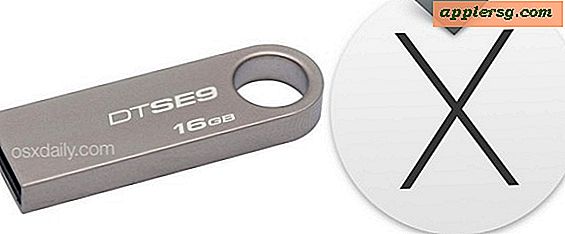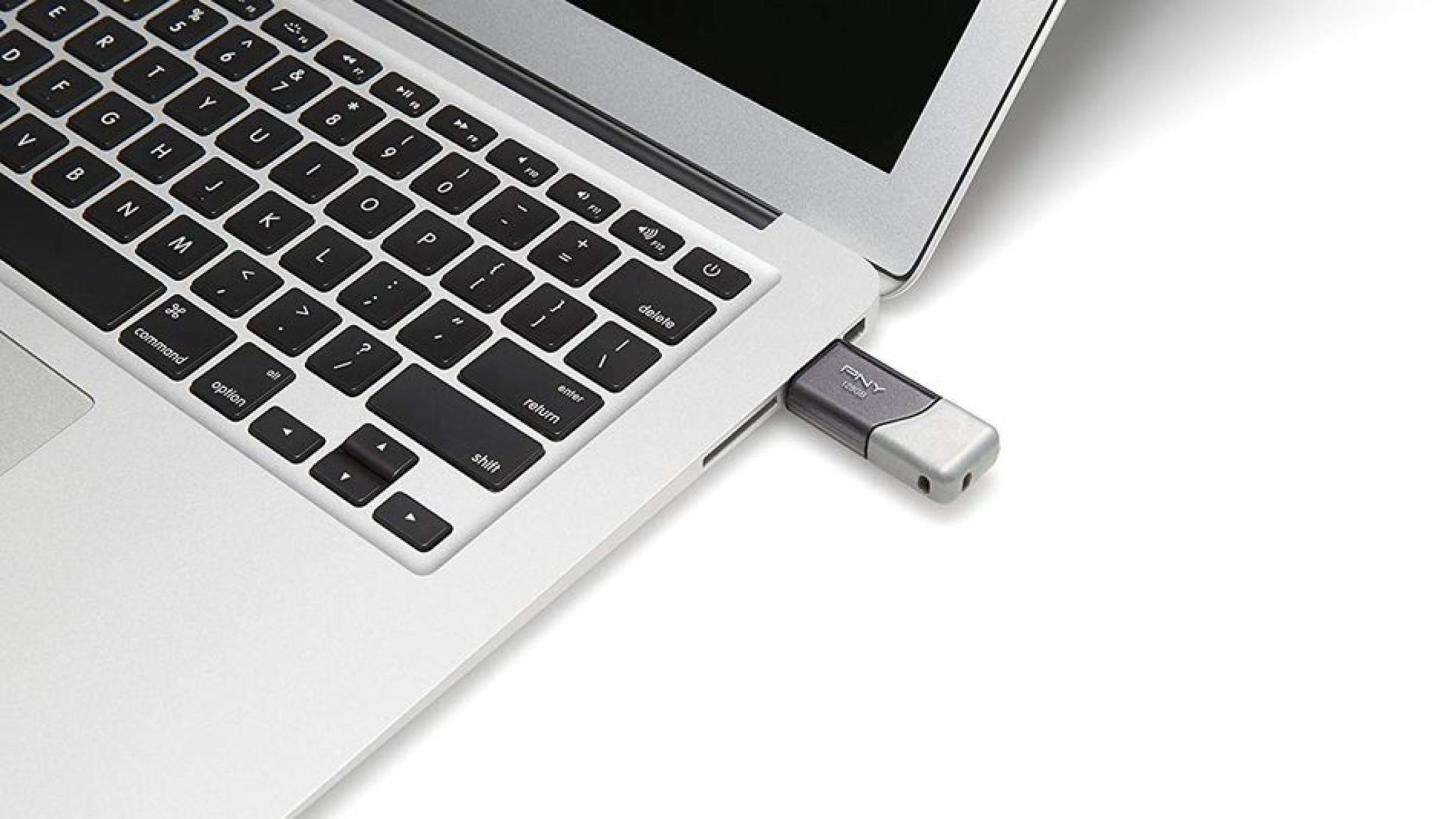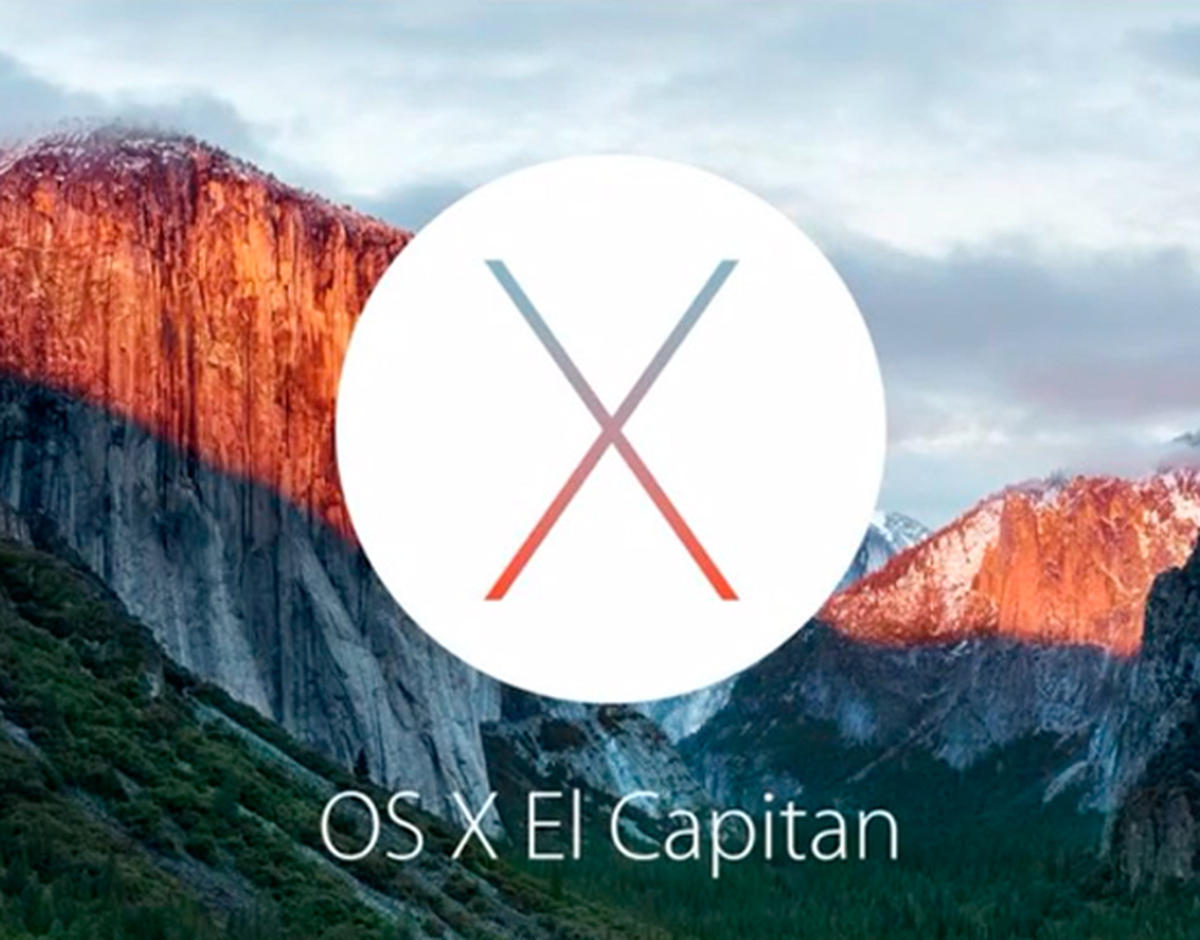- Bootable Os X Mavericks Download
- Os X El Capitan Bootable Usb From Windows Cd
- Mac Bootable Usb Drive
- Bootable Android For Pc
- Bootable Usb Software
- Os X El Capitan Bootable Usb From Windows
- Bootable Usb Linux
Apr 26, 2021 The El Capitan installer is downloaded to the /Applications folder, with the file name 'Install OS X El Capitan.' If you've installed El Capitan and want to create a bootable installer, re-download the installer from Apple. If you wanna create bootable USB flash drive for Mac OS X El Capitan on Windows PC. You need a TransMac Software. That’s not a problem if you use a computer that supports legacy or UEFI. Just you need TransMac and El Capitan dmg file. Siddharth choubisa September 20, 2016 at.
If you use pkgutil to expand the InstallMacOSX.pkg it opens to three items, the Distribution file, InstallMacOSX.pkg and Resources. You can alter the Distribution file to ignore the supported platform check, see below.
Creating the Install OS X El Capitan.app on a mac that came with a newer OS than El Capitan.
Download the InstallMacOSX.dmg from Section 4 of How To Upgrade To El Capitan
Double-click to open InstallMacOSX.dmg to Install MacOSX.pkg.
Drag InstallMacOSX.pkg to the Desktop.


Open Terminal, enter the text
A folder will be created on the Desktop after a while with the contents of the .pkg file.
In there you will see an item called Distribution, Control-click on that and select Open With
go to Other and select Text Edit.
When the file opens scroll down to the section that reads,
function isSupportedPlatform(){
type in at the end return true; so it now reads as,
function isSupportedPlatform(){return true;
Now click Save and close the document.
Go back to Terminal and enter the text,
press Return, after several minutes, be patient, (check to see if the prompt has returned to Terminal) a new package will be created on the Desktop.
When created double-click on that and an installation window will open where you will now convert the
new InstallElCapitan.pkg to the Install OS X El Capitan.app which will be placed in your Applications folder.

You can now create a bootable USB using the install app and createinstallmedia,
Bootable Os X Mavericks Download
If you have the time I would be grateful if you could give this a trial, it works here on my mac, but I would like confirmation from yourself or any others reading this that the procedure works on macs that came with macOS Sierra or newer pre-installed. Oh and tell me if my description of the procedure is easy to follow and understand..

Jan 15, 2020 12:58 AM
Are you trying to make a bootable installer? Do you have the El Capitan installer downloaded from the App Store? You cannot make a bootable DVD but you can make a bootable flash drive.
Bootable USB Installers for OS X Mavericks, Yosemite, El Capitan, and Sierra
First, review this introductory article: Create a bootable installer for macOS. Second, see this How To outline for creating a bootable El Capitan installer. Simply replace the Terminal command with the one from the preceding article by copying it into the Terminal window. You will need an 8GB or larger USB flash drive that has been partitioned and formatted for use with OS X.
Drive Partition and Format
- Open Disk Utility in the Utilities' folder.
- After Disk Utility loads select the drive (out-dented entry with the mfg.'s ID and size) from the side list.
- Click on the Erase tab in the Disk Utility toolbar. Name the drive, 'MyVolume'. <---- IMPORTANT!
- In the drop down panel set the partition scheme to GUID. Set the Format type to Mac OS Extended (Journaled.)
- Click on the Apply button and wait for the Done button to activate. When it does click on it.
- Quit Disk Utility.
Create Installer
Open the Terminal in the Utilities' folder. Choose the appropriate command line (in red) depending upon what OS X installer you want. Paste that entire command line from below at the Terminal's prompt:

Command for macOS High Sierra:
sudo /Applications/Install macOS High Sierra.app/Contents/Resources/createinstallmedia --volume /Volumes/MyVolume --applicationpath /Applications/Install macOS High Sierra.app
Command for macOS Sierra:
sudo /Applications/Install macOS Sierra.app/Contents/Resources/createinstallmedia --volume /Volumes/MyVolume --applicationpath /Applications/Install macOS Sierra.app
Os X El Capitan Bootable Usb From Windows Cd
Command for El Capitan:
sudo /Applications/Install OS X El Capitan.app/Contents/Resources/createinstallmedia --volume /Volumes/MyVolume --applicationpath /Applications/Install OS X El Capitan.app
Mac Bootable Usb Drive
Command for Yosemite:
Bootable Android For Pc
sudo /Applications/Install OS X Yosemite.app/Contents/Resources/createinstallmedia --volume /Volumes/MyVolume --applicationpath /Applications/Install OS X Yosemite.app
Bootable Usb Software
Command for Mavericks:
sudo /Applications/Install OS X Mavericks.app/Contents/Resources/createinstallmedia --volume /Volumes/MyVolume --applicationpath /Applications/Install OS X Mavericks.app
Os X El Capitan Bootable Usb From Windows
Press RETURN. You will be asked for your admin password. It will not echo to the Terminal window. Then press RETURN again. Wait for the return of the Terminal prompt signifying the process has completed. It takes quite some time to finish. Be patient.
Bootable Usb Linux
Mar 3, 2018 7:47 PM